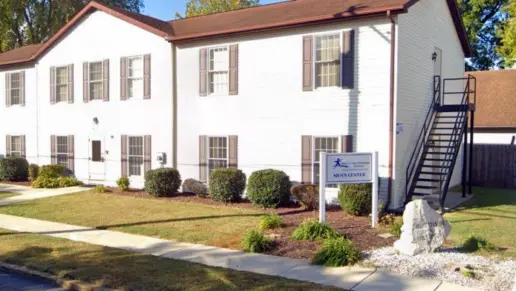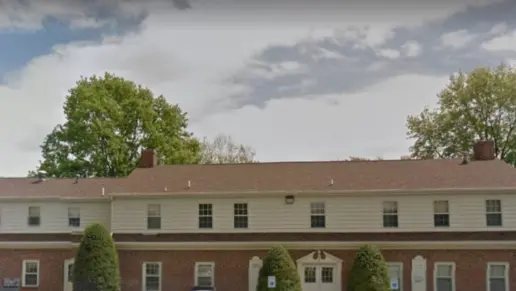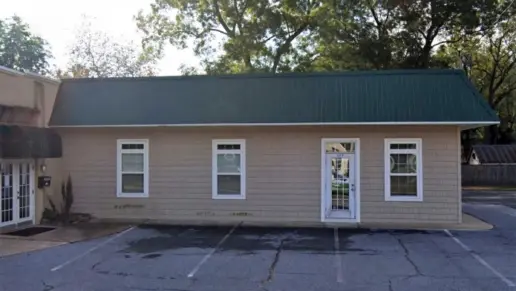I love the place, it is wide, it has very clean and tidy clinics, the counselors are very good and pure people.
About Brandywine Counseling & Community Services (BCCS) | Lancaster Avenue
Brandywine Counseling and Community Services, an addiction treatment center in Wilmington, Delaware. They treat adults with opioid, alcohol, and other drug addictions.
At their center, they know how difficult and dangerous it can be to quit opioids and alcohol, so that’s why they offer medication assisted treatment in the form of Suboxone. This process is combined with counseling and behavioral therapies to give you the best chance possible of safely reaching your sobriety goals. Their levels of care are limited to outpatient and intensive outpatient programs, but they also accept those with co-occurring mental illnesses.
Outpatient care is a good option if your condition doesn’t require 24/7 attention from medical professionals. If that’s the case, you’re better off finding an inpatient or residential center near you.
However, if you want to get help and still continue your outside life of work or school, then this may be the right fit for you. You’ll partake in individual therapy, group therapy, and recovery planning, all while learning basic life skills to help you in the real world. Their intensive outpatient program requires a bit more of you and takes place three hours a day and three times per week.
Facility Overview
Latest Reviews
Rehab Score
Gallery
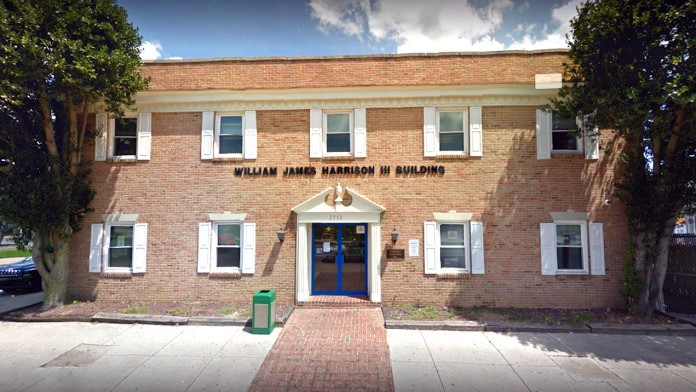

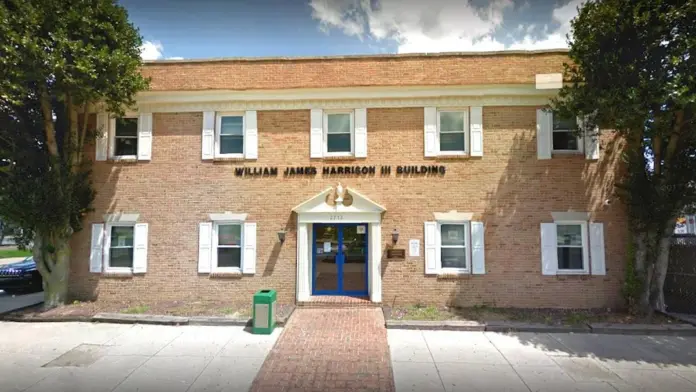
Location
Other Forms of Payment
Medicaid is a state based program that helps lower-income individuals and families pay for healthcare. Medicaid covers addiction treatment so those enrolled can use their coverage to pay for rehab. When a program accepts Medicaid the client often pays very little or nothing out of their own pocket.
Private insurance refers to any kind of healthcare coverage that isn't from the state or federal government. This includes individual and family plans offered by an employer or purchased from the Insurance Marketplace. Every plan will have different requirements and out of pocket costs so be sure to get the full details before you start treatment.
Self-pay involves paying for treatment out of your own pocket. You can use savings or credit, get a personal loan, or receive help from family and friends to fund your treatment. If you don't have insurance or your insurance plan doesn't cover a specific program, self-pay can help ensure you still get the care you need.
Financial aid can take many forms. Centers may have grants or scholarships available to clients who meet eligibility requirements. Programs that receive SAMHSA grants may have financial aid available for those who need treatment as well. Grants and scholarships can help you pai for treatment without having to repay.
Medicare is a federal program that provides health insurance for those 65 and older. It also serves people under 65 with chronic and disabling health challenges. To use Medicare for addiction treatment you need to find a program that accepts Medicare and is in network with your plan. Out of pocket costs and preauthorization requirements vary, so always check with your provider.
Addiction Treatments
Levels of Care
Treatments
The goal of treatment for alcoholism is abstinence. Those with poor social support, poor motivation, or psychiatric disorders tend to relapse within a few years of treatment. For these people, success is measured by longer periods of abstinence, reduced use of alcohol, better health, and improved social functioning. Recovery and Maintenance are usually based on 12 step programs and AA meetings.
Recovery is possible for those who complete drug rehab in Delaware. These programs specialize in providing an environment that encourages sobriety and a professional staff that provides the tools to overcome addiction. Participants receive a customized treatment plan tailored to their needs.
Many of those suffering from addiction also suffer from mental or emotional illnesses like schizophrenia, bipolar disorder, depression, or anxiety disorders. Rehab and other substance abuse facilities treating those with a dual diagnosis or co-occurring disorder administer psychiatric treatment to address the person's mental health issue in addition to drug and alcohol rehabilitation.
Opioid rehabs specialize in supporting those recovering from opioid addiction. They treat those suffering from addiction to illegal opioids like heroin, as well as prescription drugs like oxycodone. These centers typically combine both physical as well as mental and emotional support to help stop addiction. Physical support often includes medical detox and subsequent medical support (including medication), and mental support includes in-depth therapy to address the underlying causes of addiction.
Substance rehabs focus on helping individuals recover from substance abuse, including alcohol and drug addiction (both illegal and prescription drugs). They often include the opportunity to engage in both individual as well as group therapy.
Programs



Clinical Services
When used in treatment sessions, cognitive behavioral therapy in Delaware has been shown to be an effective method to address a variety of mental health disorders, including substance use disorders. An advantage of this method is its ability to also address any co occurring disorders such as anxiety, depression, and PTSD.
Group therapy is any therapeutic work that happens in a group (not one-on-one). There are a number of different group therapy modalities, including support groups, experiential therapy, psycho-education, and more. Group therapy involves treatment as well as processing interaction between group members.
In individual therapy, a patient meets one-on-one with a trained psychologist or counselor. Therapy is a pivotal part of effective substance abuse treatment, as it often covers root causes of addiction, including challenges faced by the patient in their social, family, and work/school life.
Motivational interviewing is designed to strengthen your internal motivation to change. It's a method of communication that focuses on change, allowing you to reflect on your current circumstances and draw your own conclusions about the next steps you need to take.
Trauma therapy addresses traumatic incidents from a client's past that are likely affecting their present-day experience. Trauma is often one of the primary triggers and potential causes of addiction, and can stem from child sexual abuse, domestic violence, having a parent with a mental illness, losing one or both parents at a young age, teenage or adult sexual assault, or any number of other factors. The purpose of trauma therapy is to allow a patient to process trauma and move through and past it, with the help of trained and compassionate mental health professionals.
Couples therapy typically involves five strategies. The therapist will get to know you, help you both identify your feelings, explore the past, find solutions to relationship issues, and teach you skills to deal with issues now and in the future.
Research clearly demonstrates that recovery is far more successful and sustainable when loved ones like family members participate in rehab and substance abuse treatment. Genetic factors may be at play when it comes to drug and alcohol addiction, as well as mental health issues. Family dynamics often play a critical role in addiction triggers, and if properly educated, family members can be a strong source of support when it comes to rehabilitation.
Amenities
-
Private Rooms
Staff & Accreditations
Staff

President & Chief Executive Officer

Chief Financial Officer

Medical Director

Chief Operating Officer

Director of Quality Assurance

Director of Nursing

Human Resource Director

MS, CPS
Accreditations

The Joint Commission, formerly known as JCAHO, is a nonprofit organization that accredits rehab organizations and programs. Founded in 1951, the Joint Commision's mission is to improve the quality of patient care and demonstrating the quality of patient care.
Joint Commission Accreditation: Yes

The Substance Abuse and Mental Health Services Administration (SAMHSA) is a branch of the U.S. Department of Health and Human Services. Established in 1992 by congress, SAMHSA's mission is to reduce the impact of substance abuse and mental illness on American's communities.
SAMHSA Listed: Yes
Contact Information
2713 Lancaster Avenue
Wilmington, DE 19805
